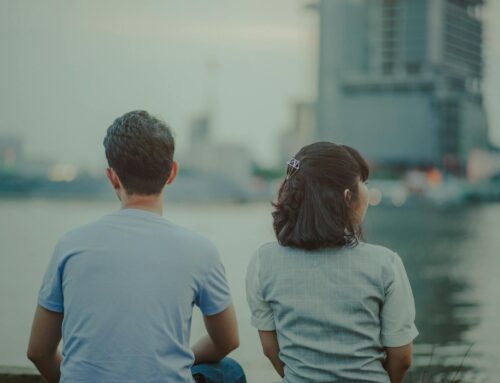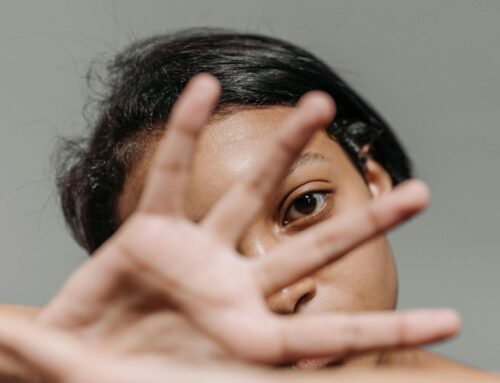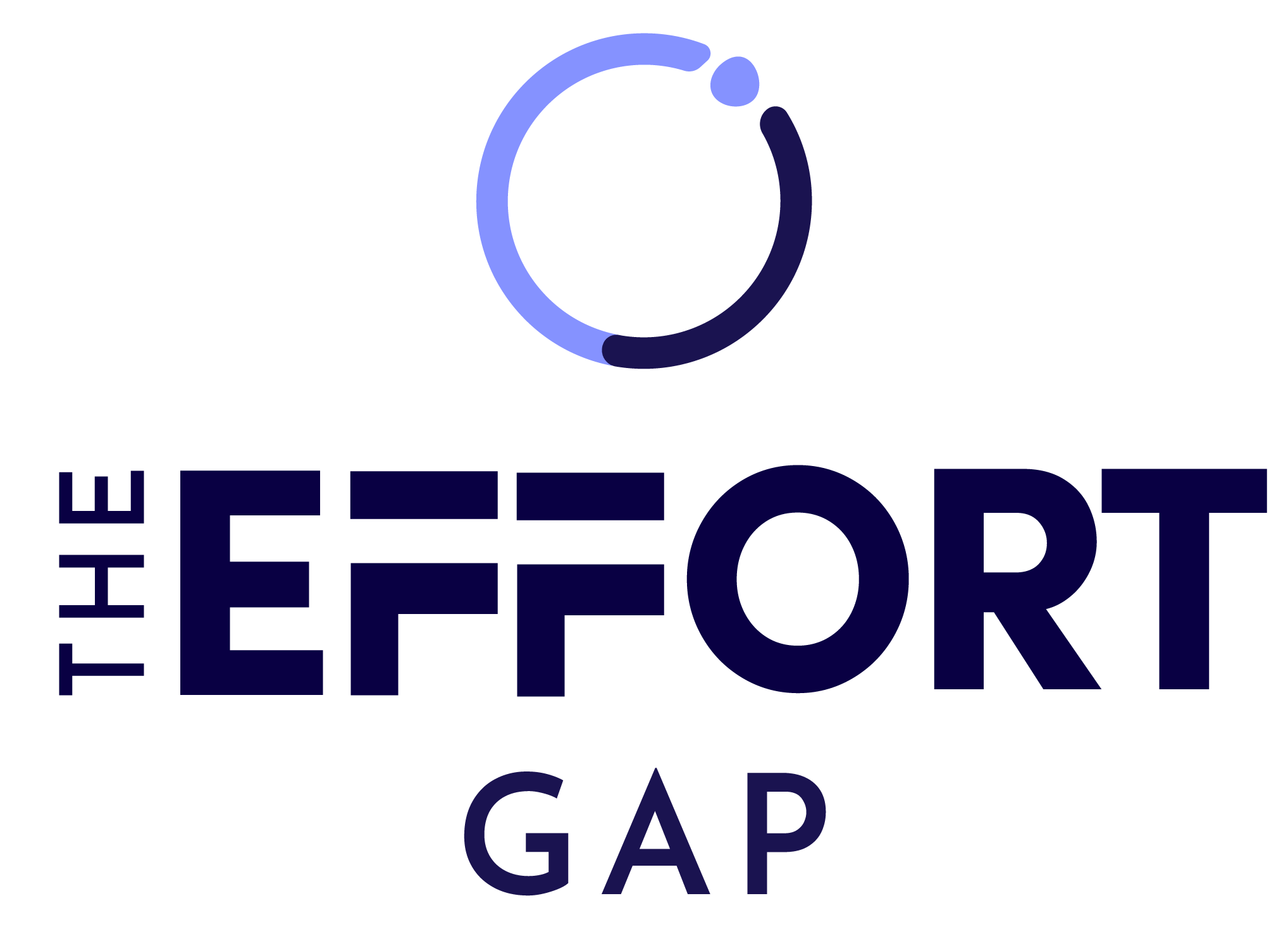The number of people with no close friends has quadrupled in the last thirty years. We are living in a loneliness epidemic that’s doing more damage than just being alone. It’s eroding our sense of connection, purpose, and direction. We spend so much time in the chaos of our own minds that we’ve become relationally unsure of ourselves. This matters because relationships are where we test and expand our self understanding.
Over 2,000 years ago, Aristotle said that friendship is essential to a good life, not just a nice-to-have. Isolation and introspection doesn’t ‘fix’ us into better humans. We become better humans through relationships. We refine our judgment, shape our character, and find meaning in community.
A good life isn’t lived alone. Human connection is the whole point.
Our Role in Our Own Loneliness
Many factors gave rise to the loneliness epidemic:
- The shift to remote work
- Digital platforms replacing in-person meetings
- Social media replacing social interaction
- Economic hardship
- A cultural emphasis on independence and self-sufficiency
These factors are systemic, widespread, and not easily changed. Many of them aren’t even inherently bad. How do we keep up with progress without losing connection?
Well, here are some additional factors that we can control:
- Admitting that we need each other
- Practicing unscripted, imperfect communication
- Putting effort into relationships (no, it’s not cringe)
- Doing more activities and forming community around it
This is social accountability. Social accountability means showing up even when it’s not urgent or “required” of you, even if no one else plans everything out for you, and even though it’s easier to stay home. It also means having conversations instead of avoiding or ghosting when things get hard.
Relational effort isn’t hard work. It’s sending the first text, planning a hangout, checking in on people, and saying yes to community even though it’s easier to veg out and watch ten episodes of Love is Blind.
We can’t undo cultural shifts overnight. But we can start a counter-movement through our effort.
To Have Good Friendships, Be a Good Friend
Your ability to be a good friend is directly tied to your relationship with yourself. If you’re disconnected from your values, unclear in your thinking, or constantly monitoring your performance, you’ll bring that same hesitation to your relationships.
That’s where The Effort Gap comes in. It’s designed to help you grow in the context of the relationships that make life meaningful.
“The good man is his own best friend, and therefore he is able to be a friend to another.” – Aristotle
Friendship Takes Effort
You can’t fast-track real friendship. Relationships aren’t “found.” All relationships are built on a variety of shared experiences over time. Friendships aren’t formed by meeting a list of criteria, having everything in common, and never disagreeing. They take time and reciprocity to form.
Not Just Company, Character
Aristotle specified “Friendships of Virtue” as the highest form of friendship, characterized by mutual respect, admiration, and a shared pursuit of virtue. He warned against flattery, manipulation, and pretending to agree. Good friendships permit the freedom to tell each other the truth in service to each other. Friends help each other become better. They guide each other back on track when they stray away from their virtues. That doesn’t just mean speaking openly to your friends. It also means being a person who is receptive to feedback from others.
We all know people who react to feedback with defensiveness or emotional outbursts. We learn to tiptoe around the truth when we’re with these people. One day, when that person seeks honest input, they’re met with silence—and the disengagement upsets them, too. The reality is, we teach people how to engage with us through our responses. The way we handle feedback tells people whether it’s safe to be honest with us.
Friendship asks more of us than just companionship; it asks us to grow in the mirror of one another. We have to be willing to both speak the truth and receive it. We can’t expect relational depth if we shut down, lash out, or end things when we’re uncomfortable.
Friendship Is a Practice
Finding your tribe isn’t a matter of searching. It’s a practice of becoming a good human.
It’s easy to isolate or to wait for others to make the first move. But like any worthwhile pursuit, friendship is a practice sustained through effort. We don’t grow by retreating. We develop character, refine judgment, and find meaning through other people.
Loneliness isn’t about being alone. In fact, alone time is important for well-being. Loneliness is a downplaying of what’s important to us. It’s silenced enthusiasm and unlived values. It’s when we stop trying.
The way out of this mess isn’t just to ‘find’ good friends. It’s to become one.






